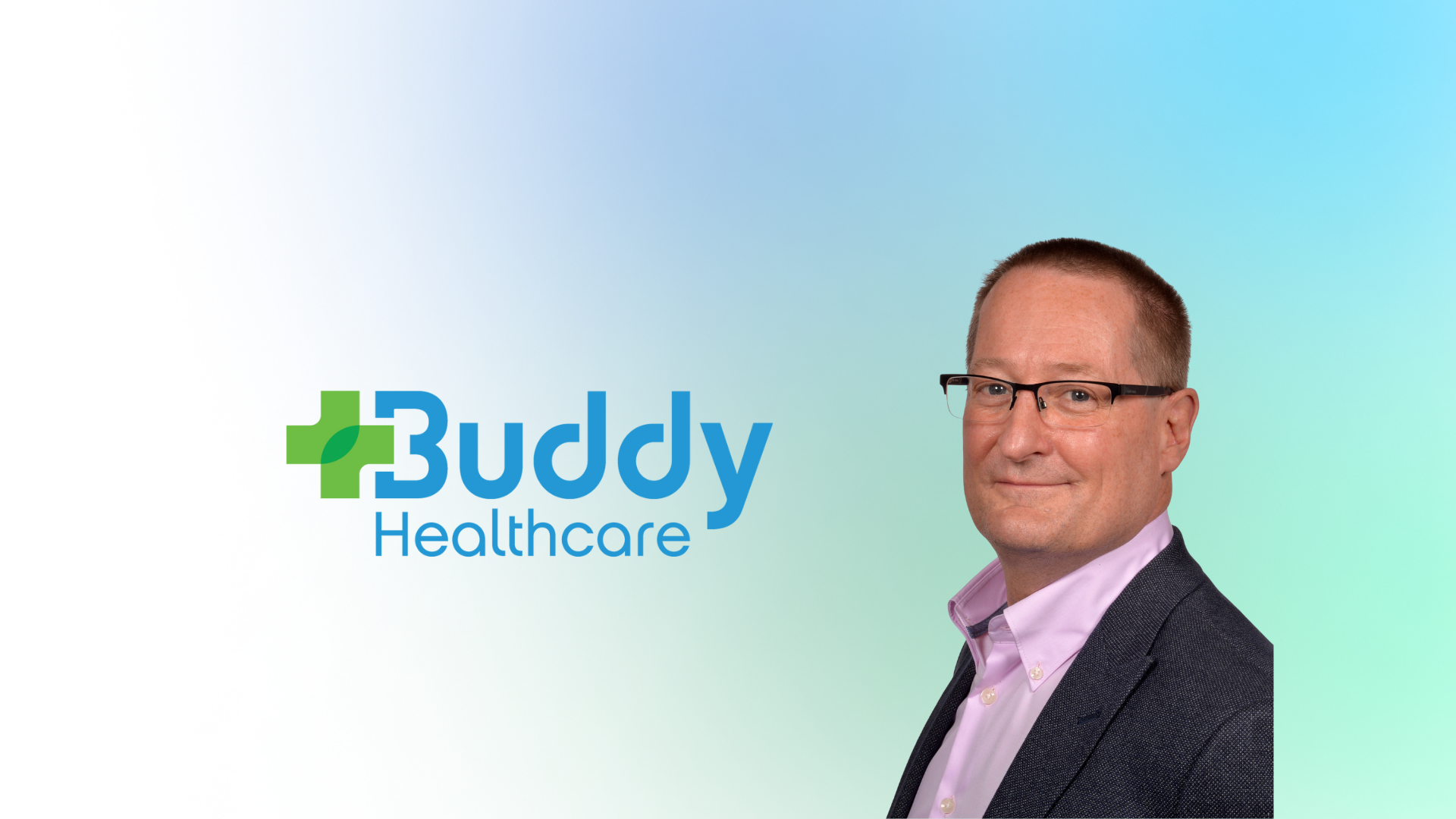Hospitals worldwide are grappling with the challenges of nursing shortages. According to McKinsey's May 2023 report, 31 percent of nurses expressed their intention to leave direct patient care jobs within the next year. Workforce shortages, particularly in nursing, pose significant challenges to the UK's NHS, as highlighted by the Health Foundation. To address these issues, healthcare organisations and hospitals actively seek solutions to improve nurse satisfaction and attract new nursing talent.
Our care coordination platform offers automation to alleviate the workload of nurses. Through regular interactions with our users, we have learned that tools that effectively reduce administrative tasks, such as unnecessary phone calls and paperwork, greatly assist nurses in their work.
Reducing manual tasks
By minimising paperwork and reducing time spent on phone calls, nurses gain more time and energy to focus on patients requiring urgent attention. Our care coordination platform automates patient education, guidance, and data capture, visually presenting patient-initiated data for the clinical team. Based on our experience, integrating automation into the care coordination process significantly reduces the manual workload, allowing nurses to devote more time to patients who need additional support. In our recent customer survey of our platform users, 70 per cent of nurses spontaneously reported that automated care coordination improved efficiency, resulting in decreased phone calls and mailings.
For instance, we implemented an automated care coordination process (perioperative pathway) for the day surgery clinic, where the hospital achieved a 98 per cent reduction in preoperative phone calls between the clinical team and patients. As an additional result, they experienced a 50 per cent increase in the number of patients they could manage on a daily basis.
Consider the significant time savings when a 30-40 minute intake call can be replaced by digitally sending a form to the patient, who then submits the information back to the clinic dashboard using their mobile device.
Empowering nurses in new process development
Nurses possess valuable expertise and insights into patient care pathways. In addition to implementing and supporting our platform, our customer success team assists the clinical staff and healthcare professionals in change management, enabling care teams to navigate the process successfully.
When implementing automated care coordination processes and digitising patient care pathways, hospitals actively involve nurses in the process. Many nurses embrace the opportunity to contribute to process development, finding it meaningful and motivating. Our latest customer survey also revealed that nurses not only wanted to implement automated care coordination for their own benefit, but also they really wanted to modernise patient services. They aspire to provide modern, faster and more engaging services to patients. They really care for the patients and want to take care of them.
While there are various ways to improve nurse satisfaction and commitment, we emphasise that automating manual care coordination processes and involving nurses in developing of patient services can be particularly impactful.



